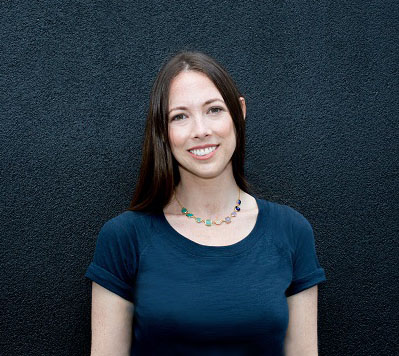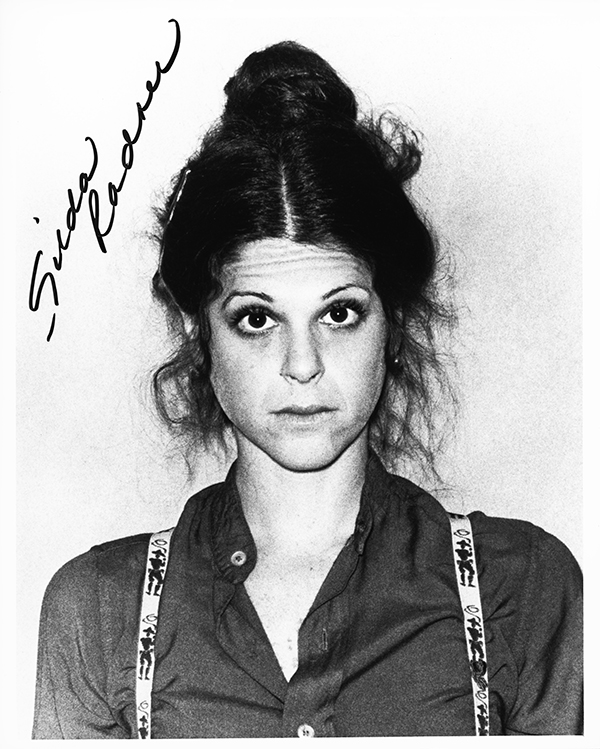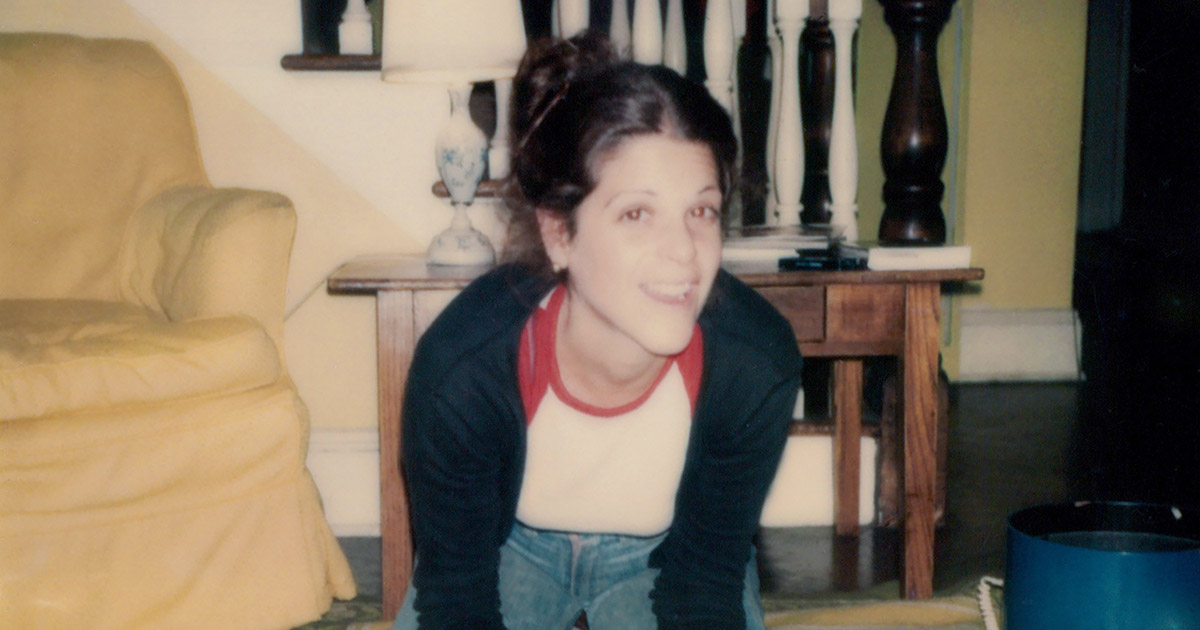Gilda Radner, ’64-70, was an original. A writer and performer in the cast of “Saturday Night Live,” she created unforgettable characters—like Roseanne Roseannadanna and Baba Wawa. Fellow U-M alumna Meryl Goldsmith, ’04, grew up in a family that was close friends with Radner’s family. But she was only a baby when she met Radner and has no personal memories of the Emmy and Grammy award-winning comedian.

But Goldsmith has had an extraordinary second chance to get to know the comedian by helping produce a film about the Detroit-born Radner, who died of ovarian cancer in 1989. “Through this movie, I finally got the chance to meet her in a way I never had before,” Goldsmith says. “And when other people see this film, I think they will feel the same way.”
The Los Angeles-based filmmaker spoke with Michigan Alumnus about the documentary “Love, Gilda,” which opens in theaters across the country on Sept. 21 and is scheduled to air on CNN in January.
How did you become involved in this film?
Film has always been my passion. I majored in it at U-M. After graduation, I produced and directed my first documentary, “The Syndrome,” a criminal justice story released in 2016, with my cousin Susan Goldsmith, ’83. She and I are both third-generation Wolverines.
Then I heard about this film—”Love Gilda”—from Gilda’s brother Michael, who is my godfather, and I donated to the Kickstarter. When I saw what a sensitive and beautiful job (director) Lisa D’Apolito was doing with Gilda’s story, I came on board as an executive producer. Then I additionally took on a producer role to help get the project completed and publicized.
The film earned a coveted spot at the Tribeca Film Festival this year, premiering there on opening night. What was the reaction?
It was awesome. There were so many famous comedians there, and the audience was laughing and crying. The press we’ve gotten has been really great since then, too.
This is the first feature documentary about Gilda Radner, and what sets it apart is the fact that Lisa D’Apolito had the support of Radner’s estate to make this movie. She is the only person who has ever been given access to all of Gilda’s personal belongings. Michael allowed her to go through everything. She found a collection of diaries and home movies of Gilda’s childhood and comedy career as well as her relationships and cancer fight. Lisa also found never-before-released audiotapes.
All of this is woven together in the film along with interviews with some of Gilda’s friends, like Chevy Chase, Lorne Michaels, and Martin Short. Modern-day comedians inspired by her—like Maya Rudolph, Amy Poehler, and Cecily Strong—also read portions of those diaries.
So this movie really feels like Gilda is telling her own story, in her own voice. She talks frankly and honestly about the ups and downs of her life, her short-lived marriage, and falling in love with Gene Wilder. She talks about having an eating disorder during the height of her fame and her cancer struggle. She gets very personal in the audiotapes, and it’s very touching in both the happy and sad moments. I think that is why the movie is having such an impact.

Radner enrolled at U-M in 1964 and stayed well into her senior year before dropping out. Does the movie look at her time here?
Yes. There’s a section of the film devoted to her life in Ann Arbor, and she talks about what a pivotal time it was. It’s fun to hear her talk about her experiences there and why it was so special to her. She left in her senior year before graduating, but she was always a very proud U-M student. It was a really special place to her.
She basically says that when she went to the University, she learned you could put on masks and make people laugh and get a degree in it. Up until that point, she had been doing comedy and acting for fun and school because it was just who she was. But while in Ann Arbor, she says she learned she could make it the focus of her life and her career.
Why is her story an important one to share?
She treats the down times with humor and is always so positive. The film takes you into the hospital with her and her cancer doctor, for example, and it’s amazing to see someone making jokes as they are literally dying. It’s incredibly inspiring. We’ve even heard from cancer survivors who say it’s helping them with their own journeys. (In 1995, Gene Wilder helped create Gilda’s Club, one of the largest cancer-support networks throughout the country.)
Beyond that, Gilda was universally beloved and really managed to bring people together through her comedy. Amy Poehler describes her as a red/blue state because she was loved by all. She reminds us of how important it is to find common ground with people you might have differences with and the beauty and laughter that can come from that. A lot of people are telling us what a powerful and much-needed message that is right now, and what better way to get that important reminder than from the lovely Gilda Radner.
View the trailer for “Love, Gilda”
Jennifer Davis, ’95, is a freelance reporter based in Washington, D.C.





